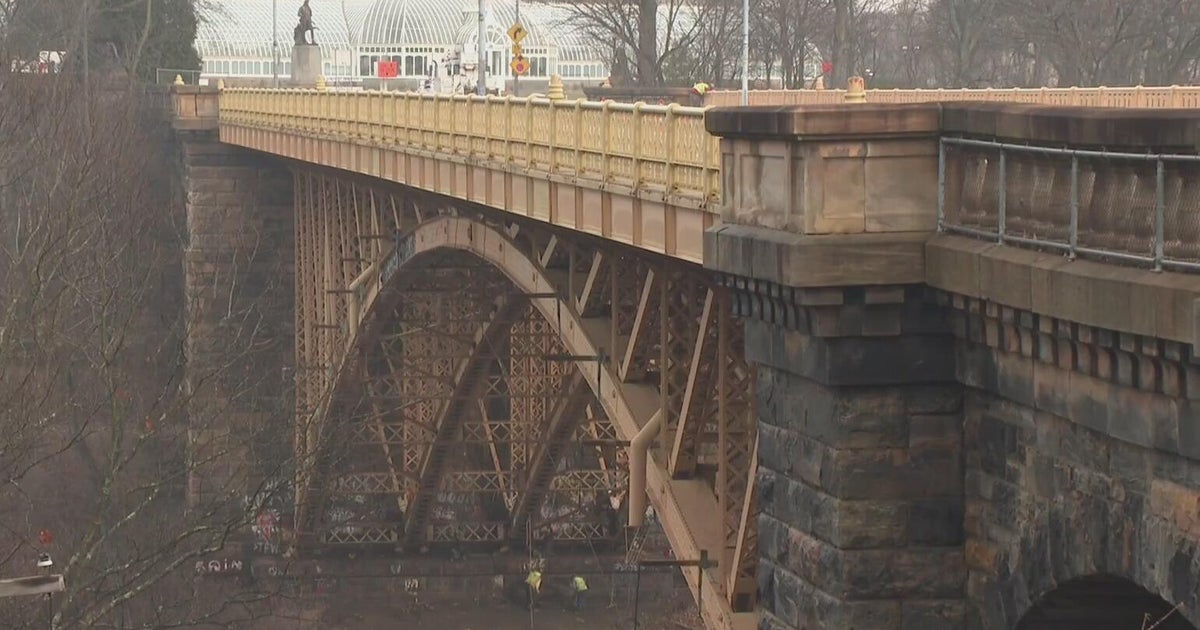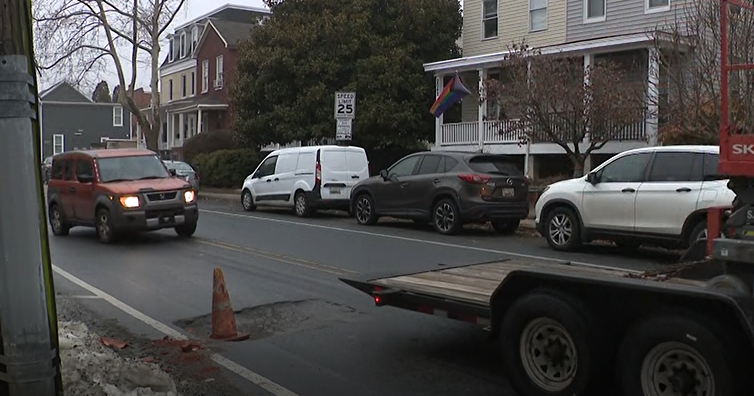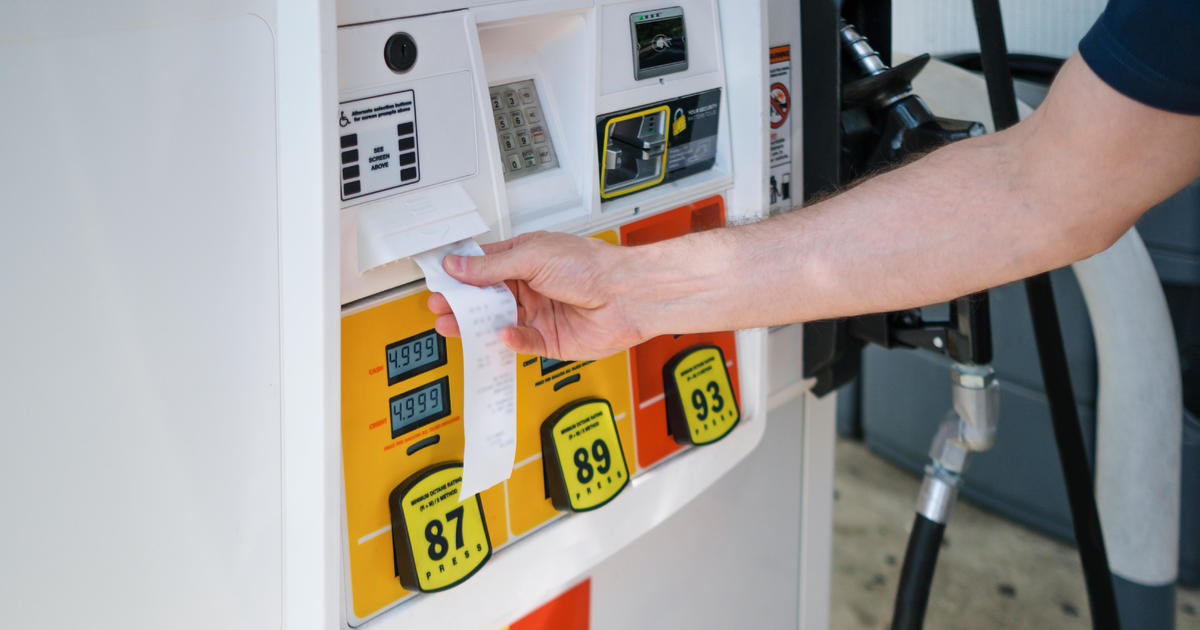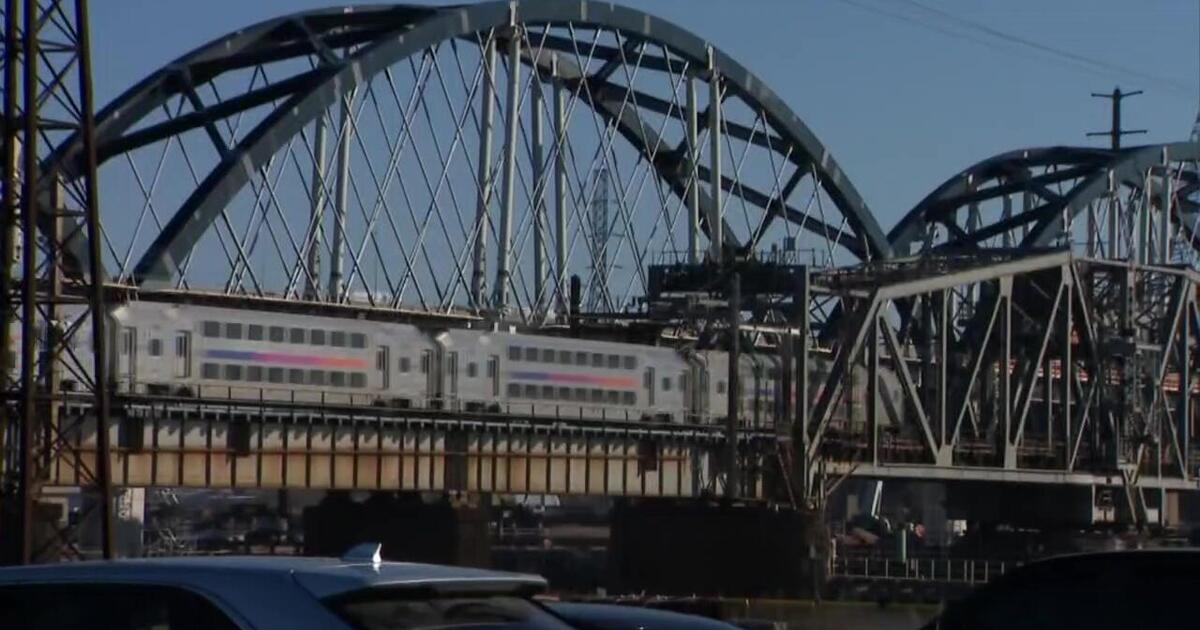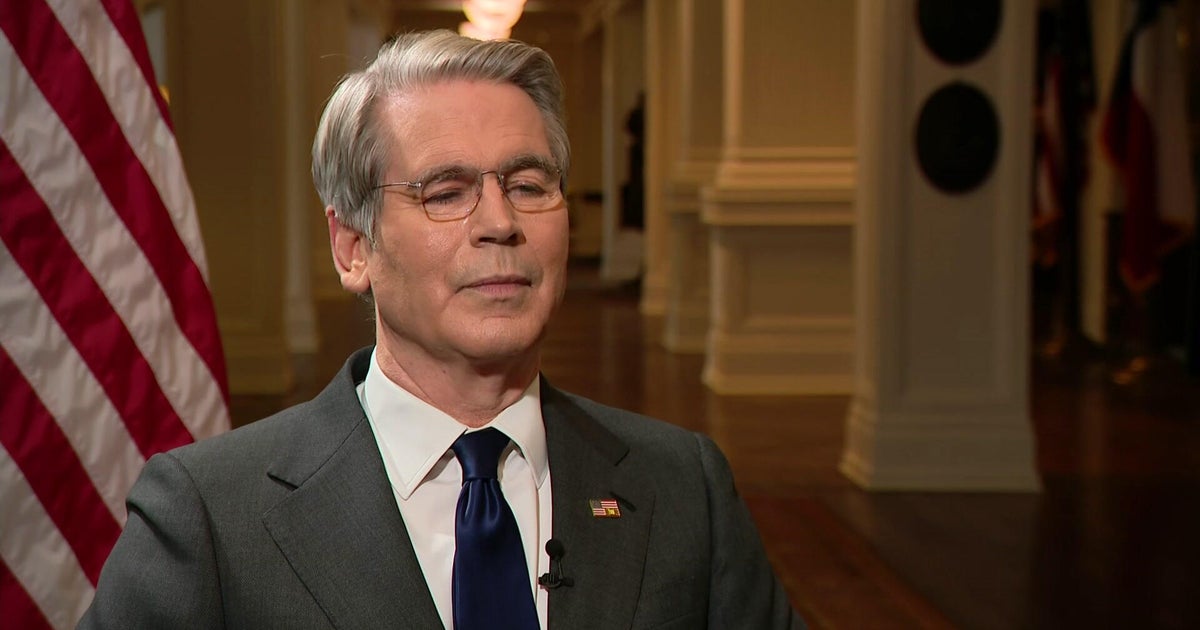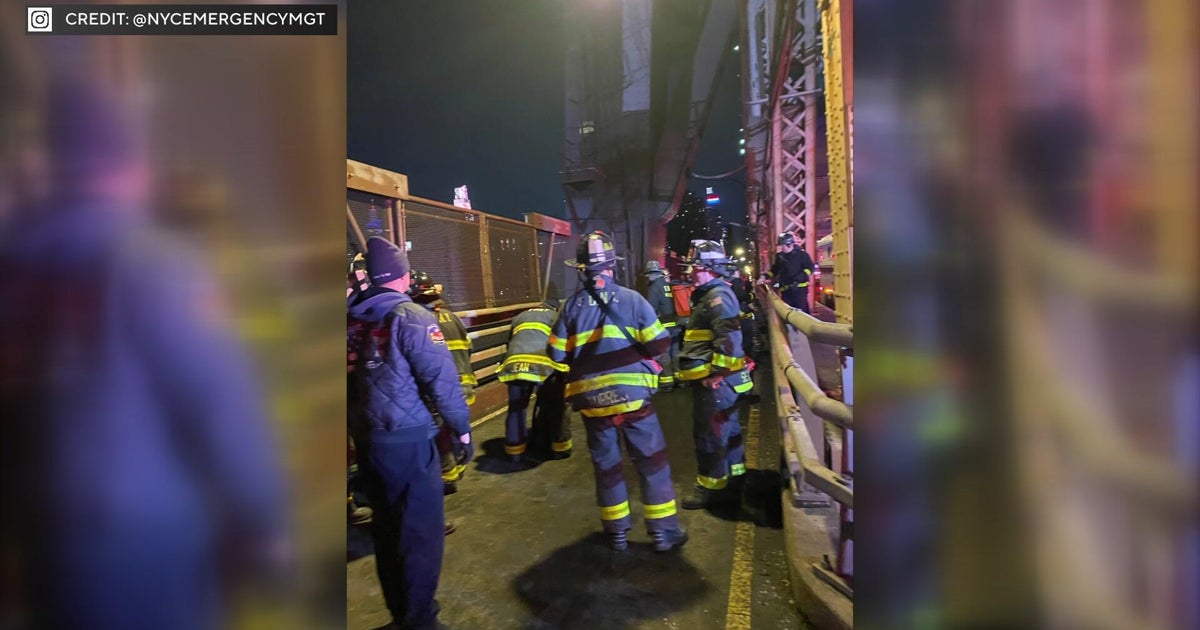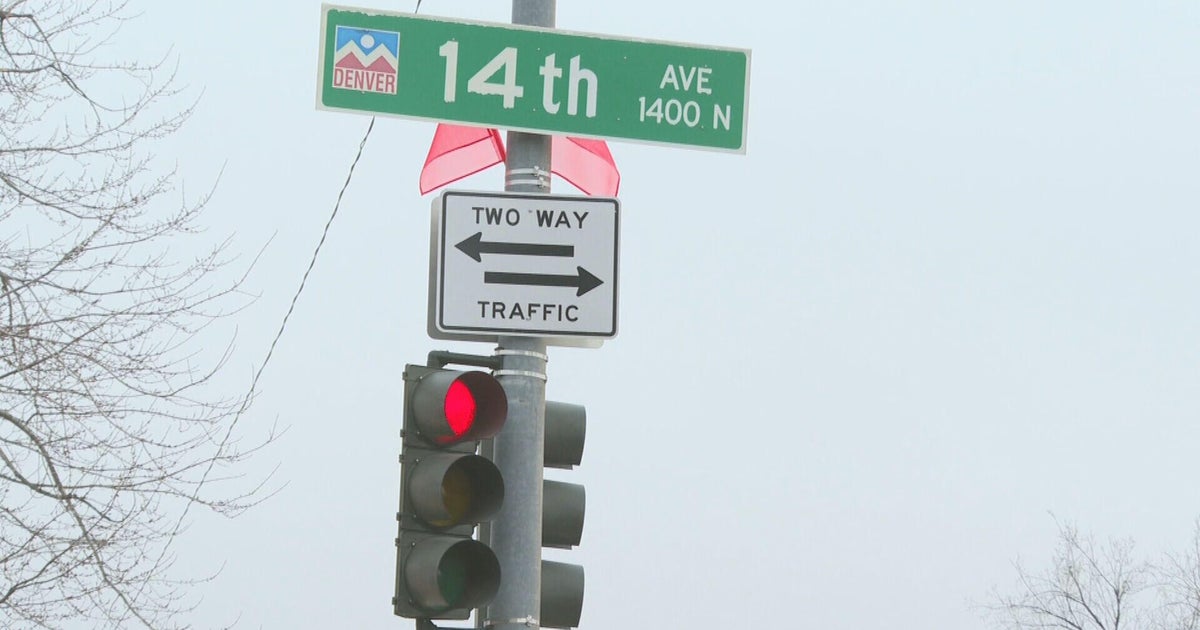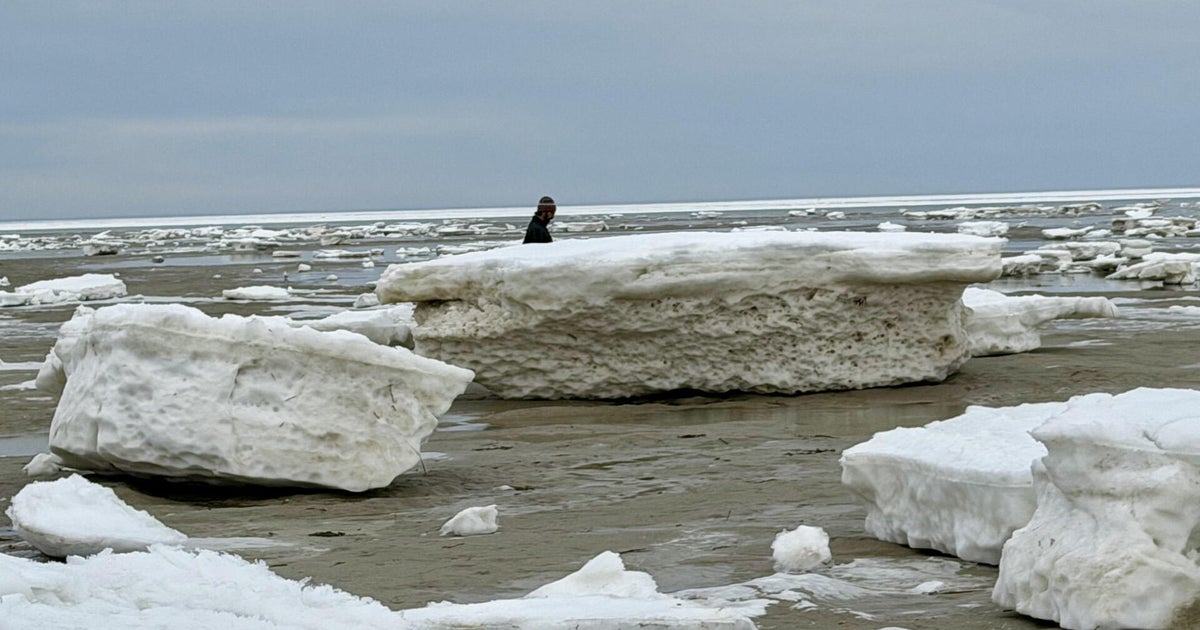Transportation Secretary Pete Buttigieg Trying To Expedite Money For Local Bridge Repairs After Collapse
PITTSBURGH (KDKA) - U.S. Transportation Secretary Pete Buttigieg says the collapse of the Fern Hollow Bridge was "a blunt reminder."
In his first local television interview since the bridge collapse seen only on KDKA, Buttigieg told political editor Jon Delano that President Joe Biden's visit to the site added to the urgency.
The coincidence of a major bridge collapse in Pittsburgh on the same day of a presidential visit was unexpected, but Secretary Buttigieg, who inspected some bridges in Pittsburgh last summer, says the presidential visit to the collapsed bridge site was an attention-getter.
When President Biden inspected the fern hollow bridge on Jan. 28, it made an impact, bringing home the importance of moving quickly on the implementation of the Bipartisan Infrastructure Bill.
That, of course, is the responsibility of the U.S. Department of Transportation, which in the weeks since, has been outlining several different programs to get money out to states and local communities.
It was clear the president wanted fast action on this particular bridge.
Delano: "What did the president say to you when he got back from Pittsburgh that day?"
Buttigieg: "As you know, this got the president's attention immediately. He's already been somebody who is passionate about fixing America's bridges and knew that Pennsylvania and Pittsburgh, in particular, were examples of areas that have needed a lot of work."
"In fact, I remember at a Cabinet meeting over the summer sharing with him the experience of going down the river and looking up at the McKees Rocks Bridge and him taking great interest in that, too. Unfortunately, what happened that day with the collapse was a blunt reminder of just how urgent and important this is," said Buttigieg.
WATCH: KDKA's Jon Delano reports
The upshot was within one week of the collapse, the Federal Highway Administration set aside $25 million dollars to pay for the reconstruction of the city-owned Fern Hollow Bridge.
"Clearly the visit made an impression of him and I think all of us – I know he feels this way – were in particular, on one hand, shocked that this could have happened and, on the other hand, relieved at the almost miraculous fact that there were no fatalities that day," says Buttigieg. "Nobody should have to hope or wish that a bridge collapse will not be fatal because a bridge collapse should never happen in the first place."
Preventing future bridge collapses, says Buttigieg, is a key goal of the president's infrastructure bill. Pennsylvania is slated to get $1.6 billion to repair over 3,000 bridges rated poor.
But here's the question.
Delano: "There's so much red tape that seems to be involved, how can you expedite the delivery of money to cities like Pittsburgh with so many poor-quality bridges?"
Buttigieg: "Well, as a former mayor now serving in a federal role, I'm prioritizing the process of making the federal government a little more user friendly for cities, mayors, communities to navigate."
Buttigieg says the infrastructure bill has a special carve-out for locally owned bridges like the Fern Hollow Bridge and many others so that state-owned bridges don't get all the money.
Another key element: local governments can get 100 percent federal funding for bridge repair instead of having to come up with 20 percent of the cost with local tax dollars.
"Being able to cover 100 percent of these local bridge repairs in the case where the bridge qualifies for that is one way we think we can make it simpler, easier and we hope faster for local communities to get those bridges fixed," says Buttigieg.
The 100 percent funding is good news for local communities with poor bridges in need of repair, but it's not clear how quickly they will actually get those dollars.
Buttigieg also says he's planning another trip to Pittsburgh, but no date yet.
